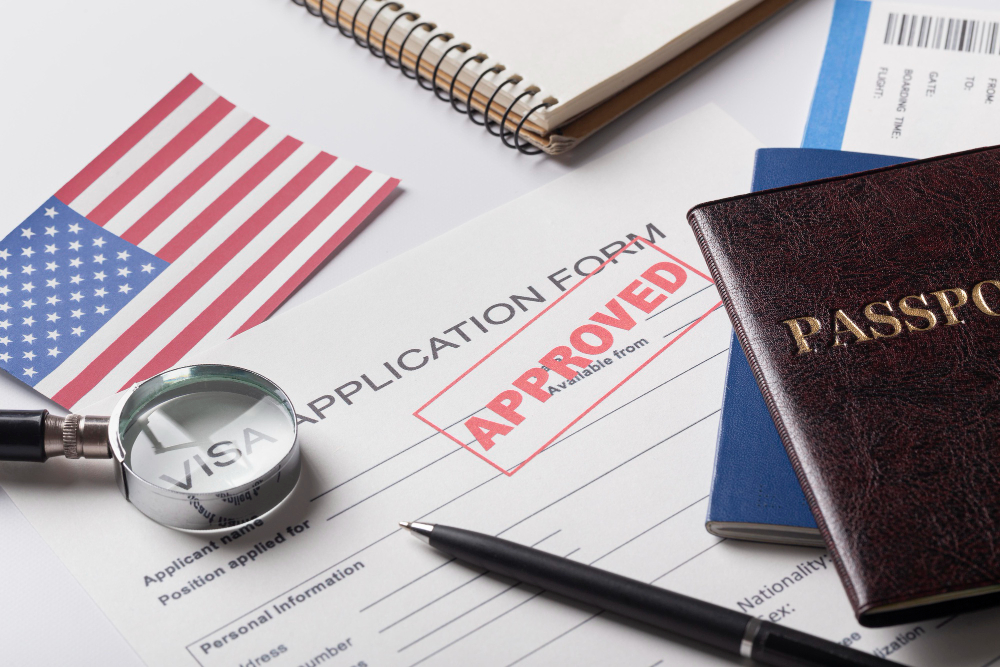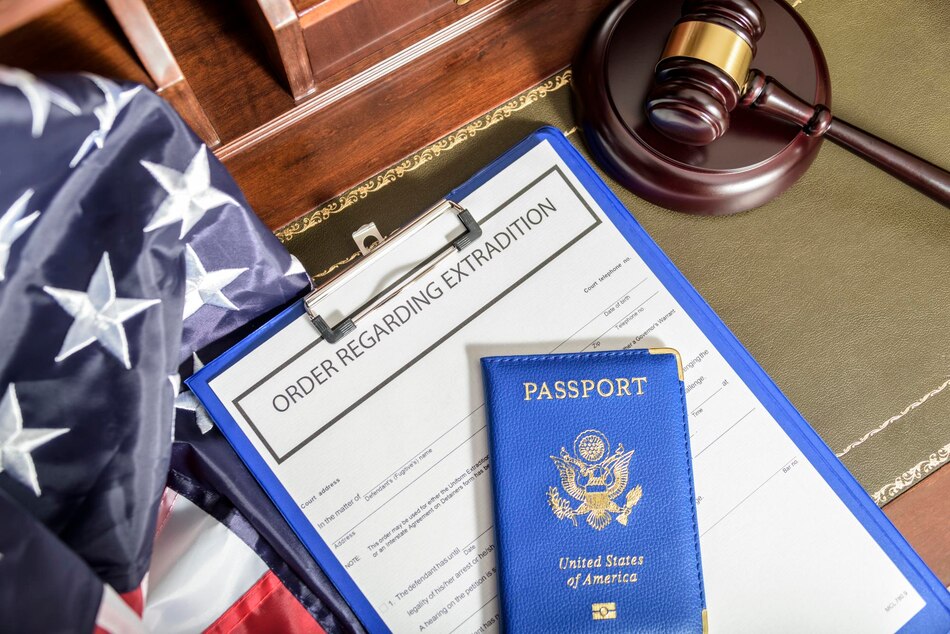Introduction:
The journey toward immigration is a significant and often challenging process. Whether you’re pursuing a new job opportunity, academic venture, or seeking refuge in a new country, the importance of letters of recommendation cannot be overstated. Letters of Recommendation in Immigration serve as powerful tools that can significantly influence immigration decisions, offering a glimpse into your character, skills, and potential contributions to your new community.
Understanding the Role of Letters of Recommendation in Immigration
Letters of Recommendation in Immigration, commonly known as reference letters, are written endorsements from individuals who have closely observed and interacted with you. They provide a holistic perspective on your qualifications, work ethic, and personal attributes, helping immigration officials make informed decisions about your application. These letters can come from a variety of sources, such as employers, professors, colleagues, or community leaders.
Key Components of an Effective Letter of Recommendation:
- Authenticity:
A compelling Letters of Recommendation in Immigration is authentic and sincere. Immigration officials can discern genuine endorsements from generic ones. It is crucial that the recommender speaks from a place of personal experience, highlighting specific instances that showcase your abilities and character. - Relevance to the Immigration Purpose:
Each Letters of Recommendation in Immigration should be tailored to the specific immigration purpose. Whether you’re applying for a job, educational program, or asylum, the content should directly align with the requirements and expectations of the relevant authorities. - Professionalism:
A professional tone and language are essential in Letters of Recommendation in Immigration. The recommender’s credibility is enhanced when they communicate in a manner that reflects their own professionalism and competence. This can positively influence how immigration officials perceive both the recommender and the applicant. - Specific Examples and Achievements:
Rather than making broad statements, effective letters of recommendation include specific examples and achievements that illustrate your capabilities. These details offer tangible evidence of your skills and accomplishments, providing a more comprehensive view of your qualifications. - Contact Information and Credentials:
Each letter should include the recommender’s contact information and professional credentials. This ensures that immigration officials can verify the authenticity of the endorsement, adding credibility to the overall application.
How to Secure Strong Letters of Recommendation:
- Build Strong Professional Relationships:
Cultivate meaningful relationships with individuals who can provide insightful and positive recommendations. This involves actively engaging with colleagues, mentors, and supervisors in a way that allows them to appreciate your work ethic and character. - Communicate Your Goals:
Clearly communicate your immigration goals to potential recommenders. When they understand the purpose and significance of their letter, they can tailor their recommendations to align with your specific objectives. - Provide Necessary Information:
Supply your recommenders with relevant information about your immigration application, such as the specific requirements and any key points you would like them to address. This helps them focus on the aspects that are most beneficial to your case.
Conclusion:
In the complex landscape of immigration, Letters of Recommendation in Immigration of recommendation serve as invaluable assets. They not only provide a personal touch to your application but also offer a glimpse into your character and abilities. By securing strong, tailored recommendations, you enhance your chances of navigating the immigration process successfully and embarking on a new chapter of your life with confidence.
Frequently Asked Questions (FAQs) About Letters of Recommendation for Immigration:
- Q: How many Letters of Recommendation in Immigration do I need for my immigration application? A: The number of recommendation letters required can vary depending on the specific immigration process and purpose. It’s essential to carefully review the application guidelines or consult with relevant authorities to determine the exact number needed.
- Q: Can family members provide Letters of Recommendation in Immigration? A: While letters from family members may reflect your personal qualities, it’s generally advisable to seek recommendations from non-family sources. Immigration officials often prioritize letters from individuals who can provide an objective and professional assessment of your qualifications.
- Q: What information should I provide to my recommenders? A: To ensure effective Letters of Recommendation in Immigration, provide your recommenders with detailed information about your immigration goals, the specific requirements of the application, and any key points you would like them to emphasize. This helps them tailor their letters to meet the criteria of the immigration process.
- Q: Can I use generic recommendation letters for multiple immigration applications? A: It’s not recommended to use generic letters for different applications. Each immigration purpose may have specific criteria and expectations, and tailoring recommendation letters to align with these requirements increases their effectiveness.
- Q: How recent should the recommendation letters be? A: While there may not be a strict timeframe, it’s advisable to provide recent letters that accurately reflect your current skills and qualifications. Aim for letters that are within the past one to two years, unless otherwise specified by the immigration guidelines.
- Q: What if my recommender is located in a different country? A: Distance should not be a significant barrier. In today’s digital age, letters of recommendation can be transmitted electronically. Ensure that the recommender’s contact information, including email and phone number, is accurate and that they are willing to be contacted by immigration officials if necessary.
- Q: Can I submit additional letters of recommendation beyond the specified requirements? A: It’s generally advisable to adhere to the specified requirements outlined in the immigration application guidelines. Submitting additional letters may not necessarily enhance your application and could potentially create unnecessary complexity.
- Q: What if my recommender is not fluent in the language required for the immigration application? A: If the recommendation letter needs to be in a specific language, it’s crucial that the recommender is proficient in that language. If language proficiency is a concern, consider providing a professional translation along with the original letter.
Remember to always check the specific requirements of your immigration application, as they can vary depending on the country and type of immigration process you are undertaking. If in doubt, seek guidance from immigration authorities or legal professionals to ensure that your recommendation letters meet the necessary criteria.











